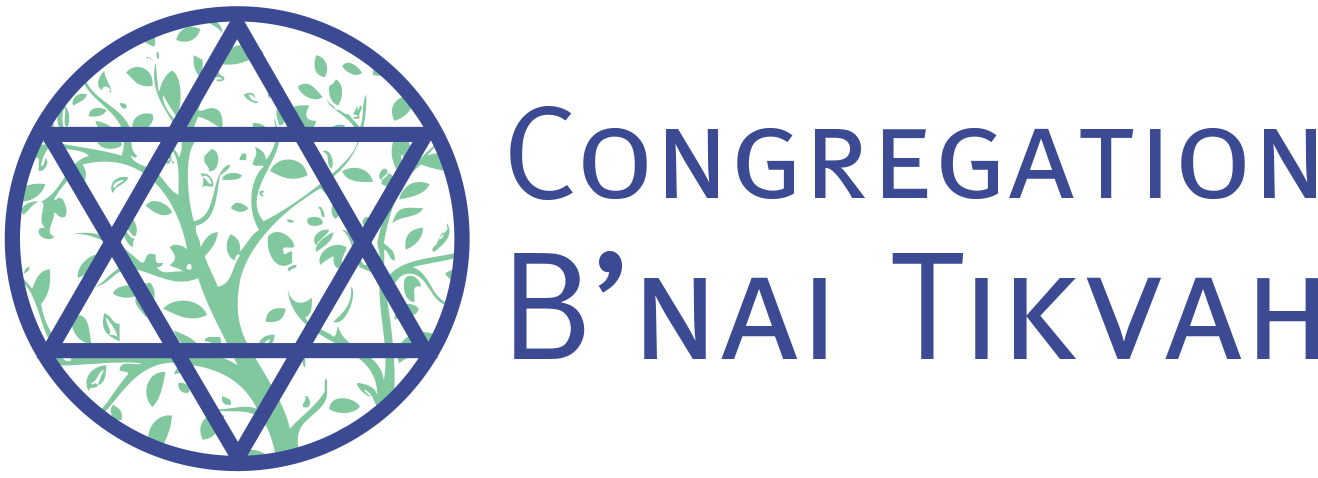What Does Judaism Sound Like?
Dear Friends,
In his book Empowered Judaism: What Independent Minyanim Can Teach Us About Building Vibrant Jewish Communities, Rabbi Elie Kaunfer introduces the idea of auditory sacredness. What this can mean, he explains, is that being a part of what is sacred need not always be triggered by grandeur or expertly polished, manicured environments. We can be transported just as powerfully – often even more so – by sound. When our Religious School students belt out Dan Nichols’s song “B’Tzelem Elohim,” when our congregation joins in readings and music both familiar and new, and when the notes of traditional High Holiday melodies coupled with lyrics by Leonard Cohen fill our High Holiday Sanctuary away from home, the thought rises up unbidden: “This is what Judaism sounds like.”
The Torah portion Emor which we read this week opens with a variation of the Hebrew word for sound, or speech. This is a tacit reminder of just how important words are to the roots and evolution of Judaism. Ours is a tradition built on generation after generation of passionate arguments and verbal wrestling. When Jews were barred from certain ways of earning their livelihood, the written word saved us, creating roads to education and better times. To this day, teaching, learning, listening and adding our perspectives to the collective story we share are the common hallmarks of Jewish communities, no matter how different they may be from one and other.
Take one teaching in particular from Emor. The portion reminds us not to insult the deaf, or to put a stumbling block before the blind. The admonition not to insult of speak belittlingly of the deaf is curious. Crass though it may sound, there are commentators who have asked, “does it really make a difference, since such insults would not be heard by the one targeted by one who is deaf?”
Of course it makes a difference, because as our rabbis go on to teach, language that inflicts pain diminishes both the speaker and the one spoken about. When we are the speaker, we are allowing ourselves to sink to a level that is coarse and dismissive, where our fellow human beings and their feelings are indispensable. When we are the one spoken about, the scars often follow us beyond childhood and adolescence, leaving us haunted by memories of being bullied or mocked without the resources to deal with it. Contrary to the old adage, words do hurt.
Words also help. As another wise rabbi remarked, “it takes so little to make another person feel so good.” Words bolster us at times of loss when someone speaks consolingly to us. They lift us up when we find ourselves questioning whether our work or contributions are making any difference, and someone lets us know that indeed they are. And words spoken and sung help all to create the sense of sacredness and community at B’nai Tikvah that we treasure most.
Let words of kindness, sensitivity and inclusivity be the ones that help us to say, always: “This is what Judaism sounds like.”
Shabbat Shalom,
Rabbi Gutterman
